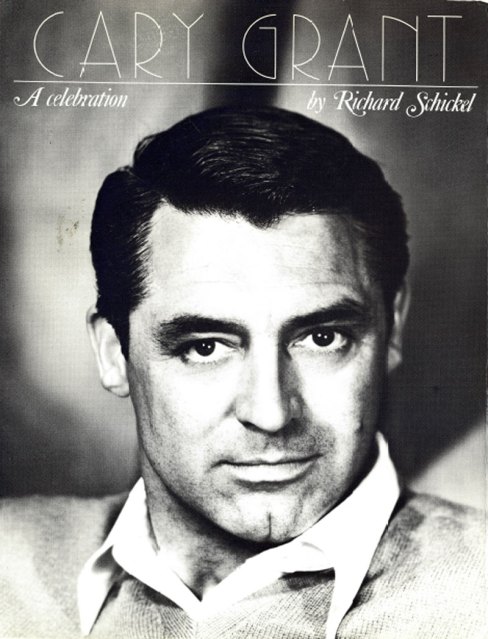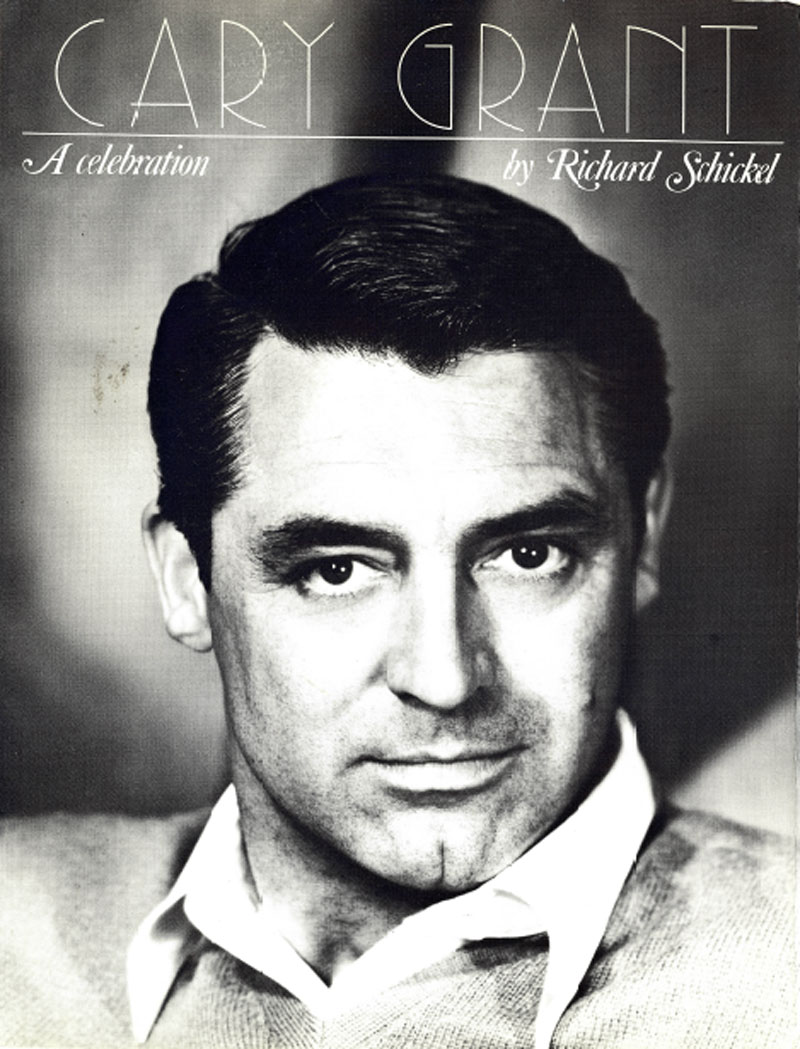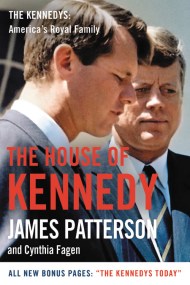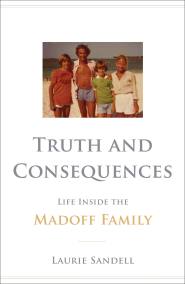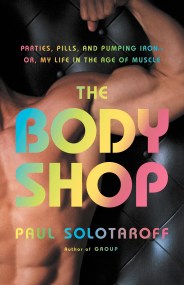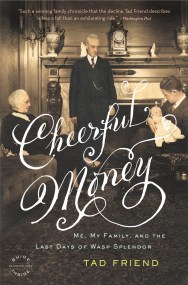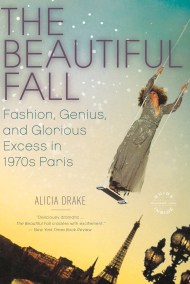Promotion
Use code MOM24 for 20% off site wide + free shipping over $45
Cary Grant
A Celebration
Contributors
Formats and Prices
Price
$7.99Price
$9.99 CADFormat
Format:
ebook (Digital original) $7.99 $9.99 CADThis item is a preorder. Your payment method will be charged immediately, and the product is expected to ship on or around November 29, 2009. This date is subject to change due to shipping delays beyond our control.
Also available from:
Richard Schickel’s text, combining critical analysis and a re-interpretation of all the available biographical information, masterfully maps the intersections where a great star’s personal history and his screen personality met in a style as elegant, graceful and witty as the actor himself.
Genre:
- On Sale
- Nov 29, 2009
- Page Count
- 192 pages
- Publisher
- Little, Brown and Company
- ISBN-13
- 9780316090322
Newsletter Signup
By clicking ‘Sign Up,’ I acknowledge that I have read and agree to Hachette Book Group’s Privacy Policy and Terms of Use
